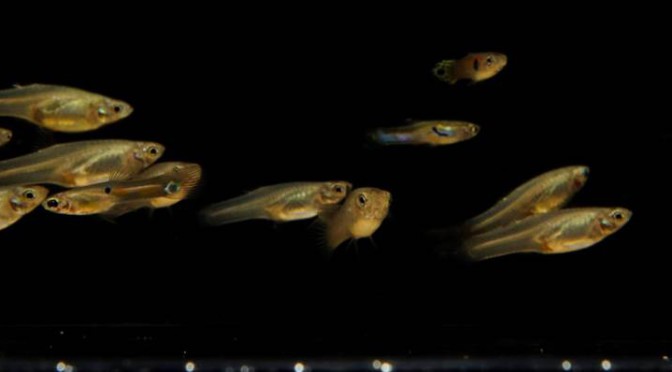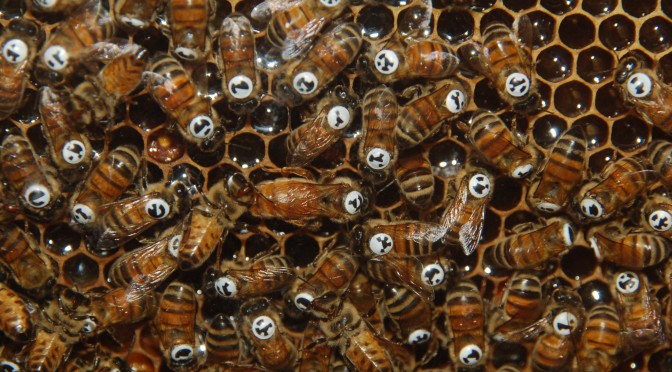In the near future, the capacity of man-made intelligent systems to communicate and collaborate will significantly change the way computing and control is organized. In biological systems, individual units often organize in groups, yielding various benefits for the individual. In social insects, many thousand individuals cooperatively exploit food sources, build or repair home structures, fend off enemies and accomplish a vast variety of tasks without central control. My group studies the mechanisms of collective intelligence in biological systems (mostly honeybees and guppies) via robots and machine learning methods. We also investigate how we can apply our findings in artificial systems to leverage the sensory, cognitive and motor capabilities of each individual for the group.



